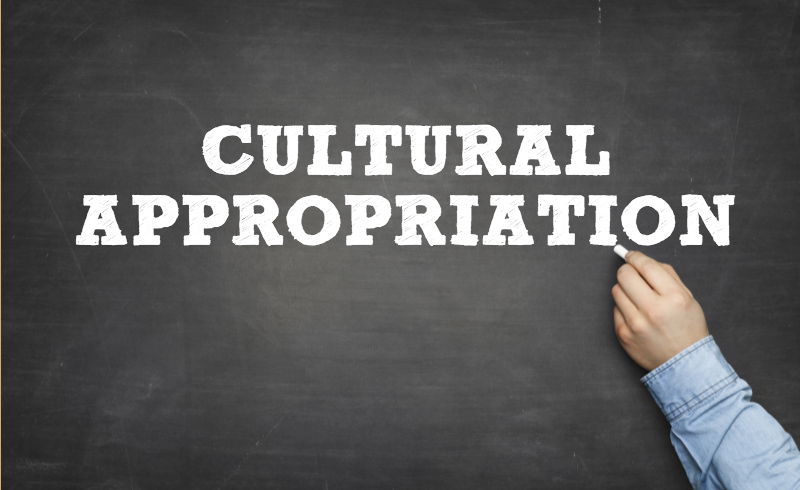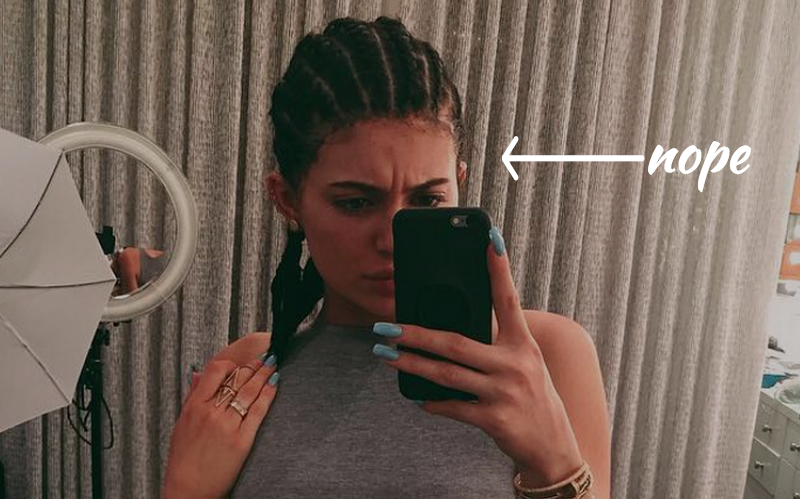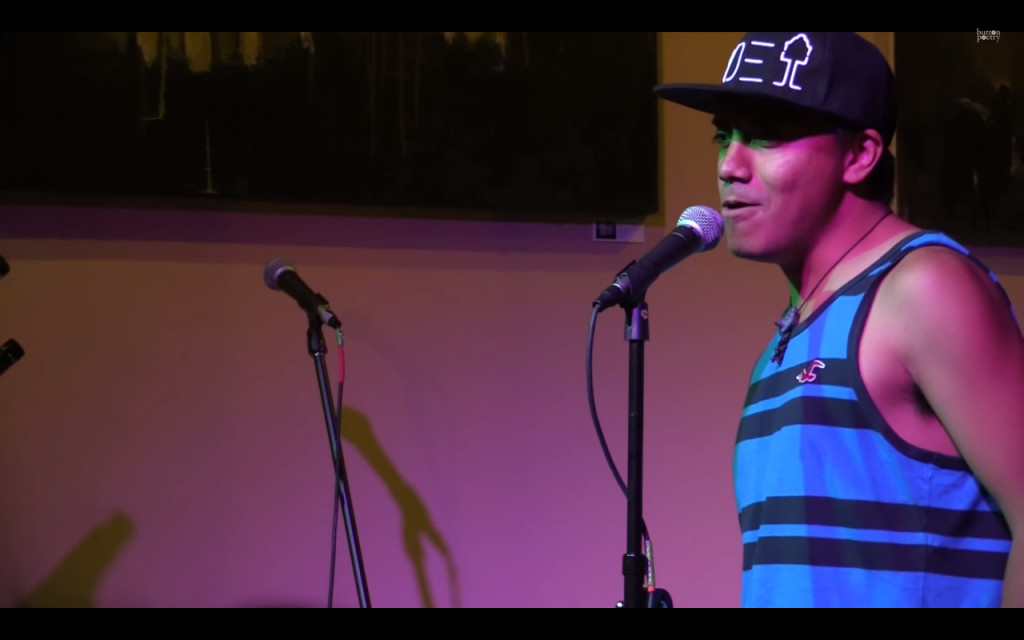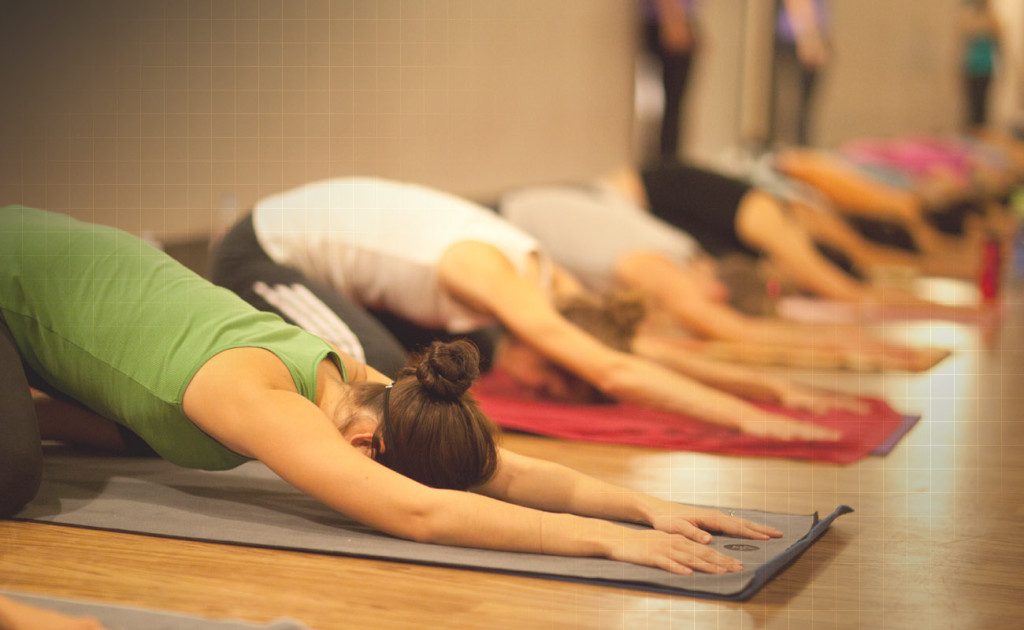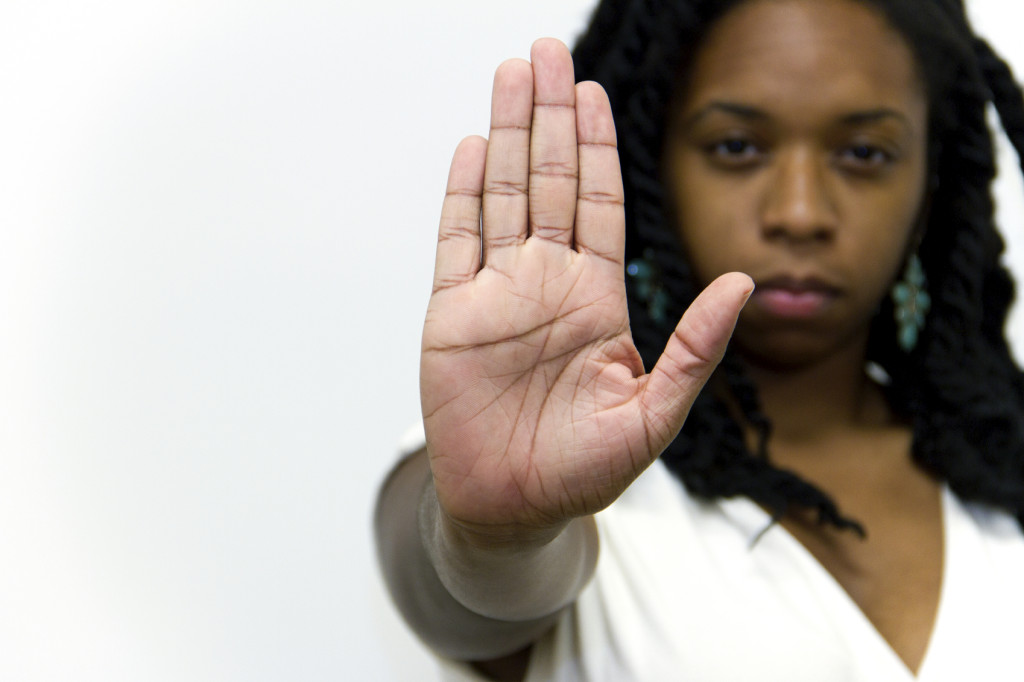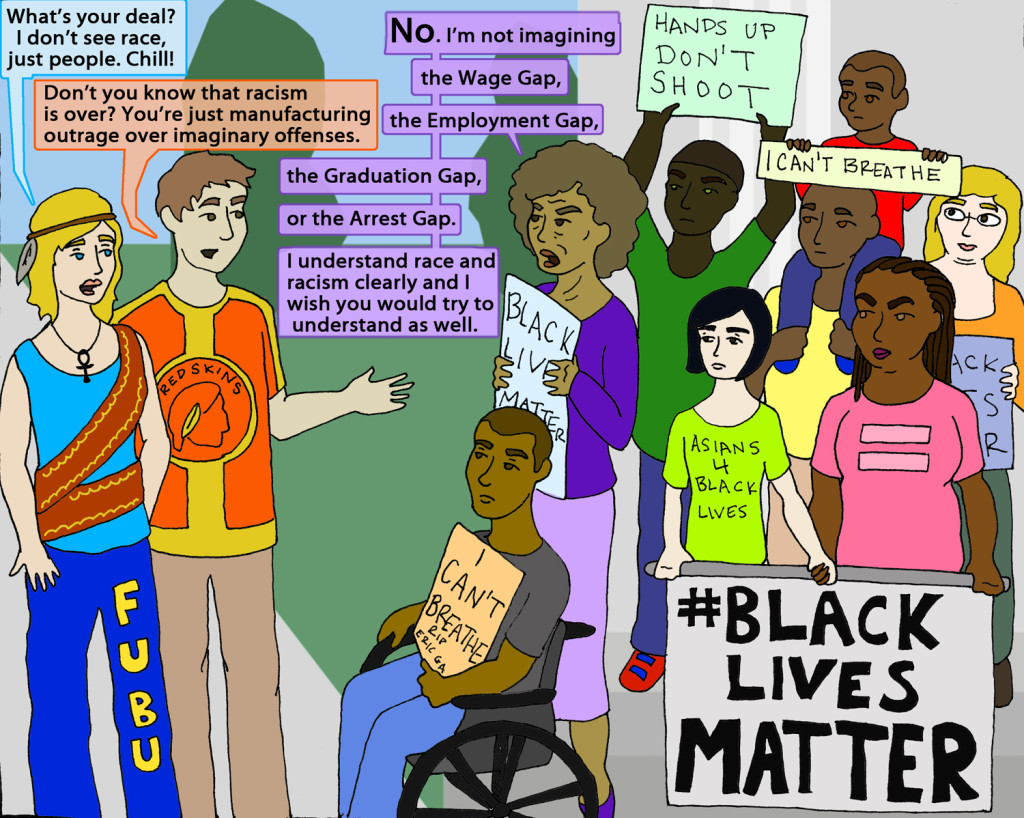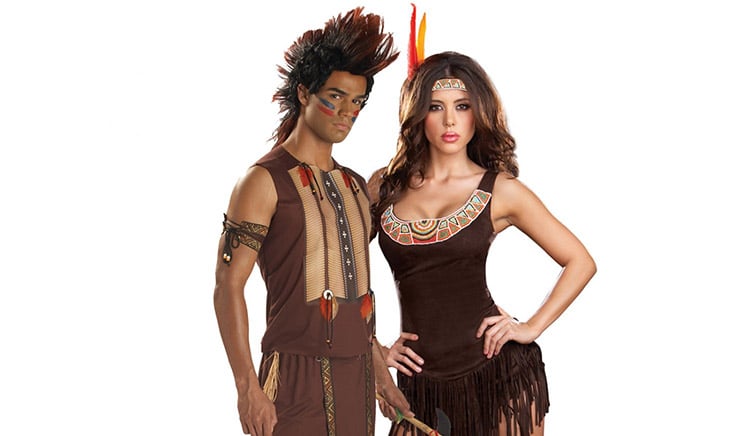Search results for: cultural appropriation
Watch This ‘Hunger Games’ Star School Us All On Why Cornrows on White People Is Cultural Appropriation
Do you know about Amandla Stenberg’s latest comments on Kylie Jenner’s cornrows? Here’s the viral video that first got people paying attention to what this wise 16-year-old has to say about cultural appropriation.
Read More6 Ways You’re Taught to Appropriate (Not Appreciate) Other Cultures
“But I’m honoring your culture!” Do you think you’re just appreciating other cultures when people say you’re appropriating? Here are the disturbing lessons giving you that inaccurate – and oppressive – point of view.
Read More5 Reasons Why People of Color Cannot Appropriate White Culture in the US
“Then you should stop speaking English and wearing jeans!” This response to cultural appropriation is so common – and so misguided. Here’s what you’re missing if you think people of color can appropriate white cultures.
Read MoreThis Historical Lie Still Curses Us Today – Here’s the Unspoken Message Behind It
What’s the “white man’s burden?” In short, it’s a lie. This song shows why, and reveals what you might not know about how an idea once used to excuse things like colonization and slavery still shows up when some people dismiss concerns about cultural appropriation. Take in this video and tell us – what do you think we can do to finally shake the white man’s burden?
Read MoreIf You Really “Love You Some Indians,” Stop Exploiting Our Heritage!
In this spoken word poem, Rowie Shebala explores the painful irony of how the American public and media consumes mass-produced stereotypes of Indigenous identity for frivolity, while disregarding the actual people striving to survive the continuing trauma that colonization and capitalism built. This poem demands that we address and change our oppressive behavior.
Read More7 Reasons Why White People Should Not Wear Black Hairstyles
Wondering what the big deal is about white people wearing traditionally black hairstyles? Read this and you’ll know why it’s not “just hair.”
Read MoreScathing Poetry on Why Racist College Parties Are So Disturbing
We’ve seen it all: fraternities and sororities throwing parties that mock indigenous people and Mexican culture. Photos of themed events showing party-goers sporting blackface, and more. Here’s a poet who knows first-hand why these parties are so horrendous. This is what happens when violence still haunts our family’s histories as our culture is mocked for fun.
Read More4 Thoughts for Your Yoga Teacher Who Thinks Appropriation Is Fun
Being the only Indian person in a yoga class can certainly come with its challenges. Especially when the teacher commits unfortunate examples of cultural appropriation, like one teacher does in this video. Here’s a hilarious response to the dehumanizing exotification that yoga teachers can be guilty of when they try to claim a culture that’s not theirs to claim.
Read MoreIt’s Not Cool to Wear a Culture as a Costume – Here’s a Little Humor to Show Exactly Why
What would it look like if people of color threw a “white party?” Akilah Hughes has an answer.
Read MoreHere Are 4 Ways to Navigate Whiteness and Feminism – Without Being a White Feminist (TM)
“Some White Feminists™ treat race the way everyone at Hogwarts treated the name ‘Voldemort.’” Here’s how to avoid being part of the problem (and, hint: the problem isn’t whiteness, it’s white supremacy).
Read More6 Ways You Harm Me When You Appropriate Black Culture – And How to Appreciate It Instead
What’s the big deal about white people taking style, music, and language from black culture? Here’s your answer – and what you need to know to appreciate black culture without causing harm.
Read More5 Ways US Culture and Society is Gaslighting Marginalized People
Our society draws strict lines about who you “should” or “shouldn’t” be – and in a lot of ways, it’s just like an abuser’s gaslighting. Here are a few ways that’s happening, and why these ideas are wrong about you.
Read MoreDear Fellow White People: Loving Hip Hop Doesn’t Make You (or Me) Anti-Racist
Are you a conscious consumer or one who contributes to the erasure of the reality of Black lives? Here are some concrete steps to being the former.
Read More3 Upsetting Examples of Anti-Native Racism in Pop Culture (And What To Do About It)
“It’s just a movie!” Really? You’ve probably come across examples of anti-Native oppression, but you might not realize how damaging they are.
Read MoreWhy We Can’t Just ‘Chill Out’ About Racism
You’re not imagining it. When people suggest that racism is over, they’re ignoring a lot of undeniable truths. Here’s a comic that brings reality back into the conversation about race.
Read More5 Liberating Ways to Practice Yoga Without Giving Into the Industry’s Neo-Colonialism
What’s the problem with yoga in the US? Maybe you’ve bristled at the allegation that it’s cultural appropriation. And why shouldn’t all people have access to this wonderful practice? Here’s a clear breakdown of what parts of this billion-dollar industry misrepresent and colonize yoga, with steps to make sure your yoga practice comes from a place of love and respect.
Read MoreAn Open Letter to Afro-Latinxs: You Are Enough and It’s Okay to Have Questions
Can you relate to how this author used to feel about their Afro-Latinx identity? These reminders will help you embrace your whole self.
Read More6 Steps to Dealing With a Friend Who Dressed Up as an ‘Indian’ for Halloween
So your friend wore a culturally appropriative costume. Now what? Dr. Adrienne Keene’s insightful tips on how to respond to someone dressed as an Indian – and why it matters.
Read MoreWhy ‘What Does Your Tattoo Mean?’ Is a Bigger Question Than You Might Think
Misspelled tattoos. Culturally appropriated tattoos. Defiant tattoos. Are we missing something in our conversations about what tattoos mean to us?
Read MoreIs Your Halloween Costume Racist?
Halloween is about glorifying all things spooky, but the scariest thing is how rampant racism is. This year, try asking yourself these questions to avoid perpetuating stereotypes and racist attitudes.
Read More


